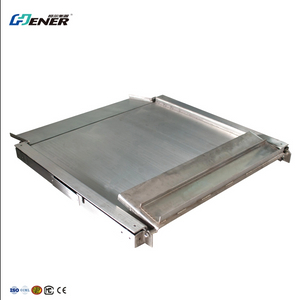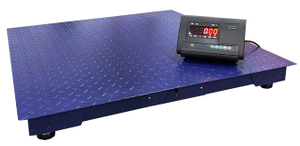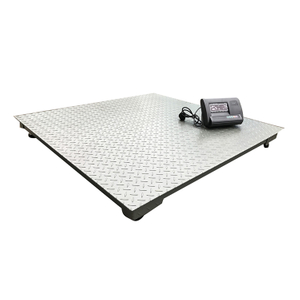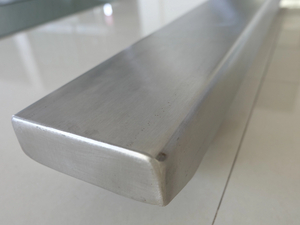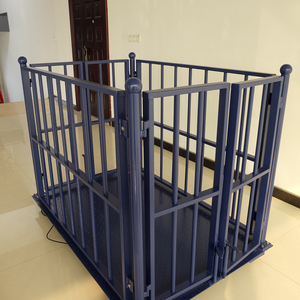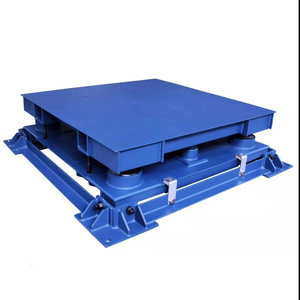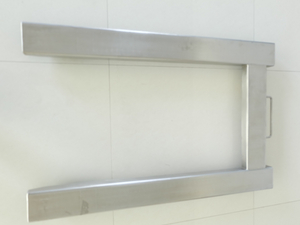
Scales are indispensable tools in the manufacturing industry, playing a crucial role in ensuring precision, quality, and efficiency. From simple balance scales to advanced digital and automated weighing systems, the use of scales spans various stages of the manufacturing process. This blog delves into the diverse applications of scales in manufacturing, highlighting their significance in maintaining product standards, optimizing processes, and ensuring compliance with industry regulations.
Quality Control and Assurance
Quality control is a fundamental aspect of manufacturing, and scales are integral to this process. Accurate weighing ensures that raw materials and finished products meet specified standards and tolerances. Scales are used to measure the weight of ingredients, ensuring consistency in product composition and quality.
In industries such as pharmaceuticals, food and beverage, and chemicals, precise measurements are critical to ensure that products are safe and effective. For example, in pharmaceutical manufacturing, scales are used to measure active ingredients and excipients with high precision to ensure that each batch of medication meets regulatory requirements and is safe for consumption.
Advanced digital scales and analytical balances are often used in quality control laboratories to perform detailed analyses and ensure adherence to stringent quality standards.
Inventory Management
Effective inventory management is essential for maintaining smooth operations in manufacturing. Scales are used to weigh raw materials, components, and finished products, providing accurate data for inventory tracking and management.
Weighing systems help manufacturers keep track of stock levels, reduce waste, and optimize supply chain operations. By accurately measuring materials, companies can ensure they have the right amount of stock on hand, avoiding both shortages and overstock situations. This is particularly important in industries with perishable goods, where maintaining optimal inventory levels is crucial to prevent spoilage and waste.
Automated weighing systems integrated with inventory management software can provide real-time data, enabling manufacturers to make informed decisions about purchasing, production planning, and logistics.
Process Optimization
In manufacturing, process optimization is key to improving efficiency and reducing costs. Scales play a vital role in optimizing various manufacturing processes by ensuring precise measurements and control.
For instance, in batch production processes, scales are used to measure and dispense raw materials accurately, ensuring that each batch is consistent and meets quality standards. This reduces the risk of errors, minimizes waste, and improves overall efficiency.
In continuous production processes, scales are used for in-line weighing and monitoring of materials as they move through the production line. This real-time data allows manufacturers to make adjustments on the fly, optimizing the production process and ensuring consistent output quality.
Additionally, scales are used in packaging processes to ensure that products are packaged with the correct weight, preventing underfilling or overfilling and ensuring compliance with regulatory standards.
Compliance and Regulatory Requirements
Compliance with industry regulations and standards is critical for manufacturers. Scales are essential tools for ensuring that products meet regulatory requirements related to weight and composition.
In the food and beverage industry, for example, regulatory agencies have strict guidelines regarding the weight and labeling of products. Scales are used to verify that products meet these guidelines, ensuring that consumers receive the correct amount of product as stated on the label.
In the pharmaceutical industry, regulatory bodies such as the FDA require precise documentation of the weight of active ingredients in medications. Scales are used to ensure that each batch of medication meets these stringent requirements, maintaining product safety and efficacy.
Failure to comply with regulatory requirements can result in fines, recalls, and damage to a company's reputation. Therefore, accurate and reliable weighing systems are crucial for maintaining compliance and avoiding regulatory issues.
Research and Development
In research and development (R&D), accurate measurements are essential for developing new products and improving existing ones. Scales are used extensively in R&D laboratories to measure and analyze materials with high precision.
During the product development phase, scales are used to measure the exact quantities of raw materials needed to create prototypes. This ensures that prototypes are consistent and meet desired specifications, facilitating the development of high-quality products.
In material testing and analysis, scales are used to measure the weight and density of samples, providing critical data for understanding material properties and performance. This information is essential for making informed decisions about material selection and product design.
Scales with advanced features, such as moisture analyzers and differential weighing capabilities, are particularly useful in R&D applications, providing detailed insights into material characteristics and behavior.
The use of scales in manufacturing is pervasive and multifaceted, spanning quality control, inventory management, process optimization, compliance, and research and development. Scales are essential tools that ensure precision, efficiency, and compliance, playing a critical role in the success of manufacturing operations. As technology continues to advance, the capabilities of weighing systems will continue to evolve, providing manufacturers with even more powerful tools for achieving excellence in their processes and products.
English
العربية
Français
Русский
Español
Português
Deutsch
italiano
Nederlands
Tiếng Việt
ไทย
Polski
Türkçe
ភាសាខ្មែរ
Bahasa Melayu
Filipino
Bahasa Indonesia
Română
Čeština
Монгол
қазақ
Српски
हिन्दी
Slovenčina
Slovenščina
Norsk
Svenska
Ελληνικά
Suomi
Հայերեն
Latine
Dansk
Shqip
Hrvatski
Afrikaans
Gaeilge
Eesti keel
Oʻzbekcha
latviešu
Azərbaycan dili
Беларуская мова
Български
ქართული
guarani
Кыргызча
Lietuvių
Македонски
Malti
Soomaali
Тоҷикӣ
Türkmençe





